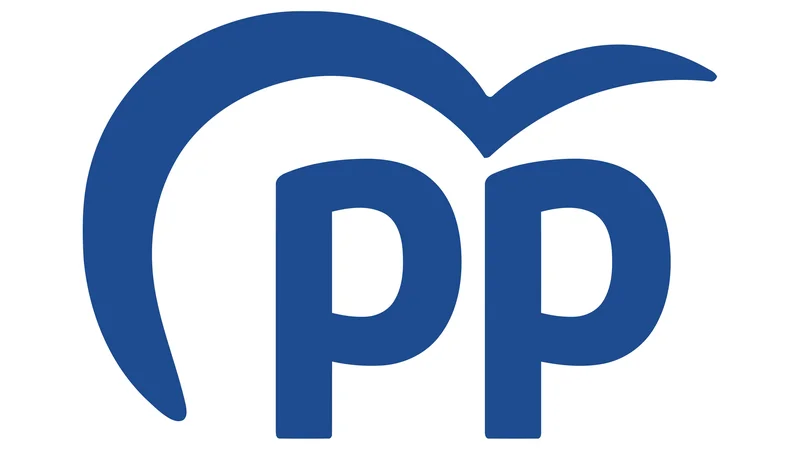So, a press release from a chemical company named Milliken & Co. landed in my inbox, and you’d think they’d just cured cancer. The subject line was probably dripping with exclamation points. They’ve birthed a Next-Generation PP Clarifier Reduces Loading, Migration. It’s called Millad ClearX 9000, and it’s here to make our plastic food containers… clearer.
That’s it. That’s the revolution.
They’re crowing about how this magical new powder makes your yogurt cups and takeout containers more transparent while using less of the additive itself. This, they claim, reduces shipping costs and storage needs. Oh, and it's super-duper FDA-approved for everything from your microwaveable soup bowl to medical devices. Groundbreaking stuff. Truly.
I can just picture the marketing meeting. A dozen people in stiff suits, nodding as a PowerPoint slide shows a slightly less-cloudy plastic box next to a slightly more-cloudy plastic box. "This," the presenter says with a dead-serious expression, "is the future." And everyone claps. Meanwhile, the planet is choking on the very product they’re trying to make more aesthetically pleasing.
The Art of Polishing a Turd
Let’s break down the corporate-speak, shall we? Bhavesh Gandhi, a global product line manager, delivered this gem: "we’re helping our customers create products that are not only visually appealing but also meet the highest standards for food and medical use.”
Translation: "We found a way to make our clients' cheap plastic crap look a little more expensive, and we’re branding it as a win for humanity."

This whole thing is like an oil company bragging about inventing a new drill bit that’s 5% more efficient. It’s a technological tweak that completely and deliberately ignores the catastrophic context of the industry it serves. They’re celebrating a new feature on a product that should be fundamentally re-evaluated. They’re not solving the problem; they’re just making the problem shinier.
The press release boasts a "17 times reduction in migration" of the chemical into olive oil. That sounds impressive, right? But it begs the question: what was the migration level of the old chemical, and why was that considered acceptable in the first place? Are we supposed to be grateful that our food is now being contaminated just a little bit less by the plastic it's stored in? Give me a break. This isn't a victory lap; it's an admission that the previous stuff was, well, not so great.
The Great Recycling Shell Game
Of course, they had to throw in the recycling angle. Millad ClearX 9000 apparently offers "improved compatibility" with post-consumer recycled PP material. This is the part of the PR strategy designed to make us all feel warm and fuzzy. See? They care about the environment!
This is a bad idea. No, 'bad' doesn't cover it—this is a five-alarm dumpster fire of greenwashing. The reality of plastic recycling is a global joke. A tiny fraction of what we throw in the blue bin actually gets turned into something new. Most of it ends up in landfills, incinerators, or the ocean. So, making virgin plastic a little more compatible with the minuscule amount of recycled plastic available is like putting a low-flow showerhead in a burning building. A nice gesture, I guess, but it ain't solving the core issue.
While the internet is offcourse busy with SEO-driven nonsense, searching for "big pp" or the "average pp size," the real big PP problem—polypropylene—is piling up in mountains of waste. And this new chemical does absolutely nothing to change that. It just ensures that the new trash we create will be a little more transparent on its way to the landfill. It’s a distraction, a way for a massive industry to look like it’s innovating while changing nothing fundamental about its business model, which relies on us buying and discarding endless amounts of plastic. And honestly...
What does this really change for you and me? Will our food be cheaper because of "reduced loading levels"? Don't hold your breath. This is about boosting corporate margins and generating a press release that lets them pretend they’re part of the solution. So when you’re looking at that crystal-clear container of pre-cut fruit, just remember the immense industrial and marketing machine that exists to make you feel good about the very thing that’s poisoning the planet.
It's Just Shinier Trash
Let's be real. This isn't innovation. It's an upgrade to the disposable economy. We don't need clearer plastic; we need less plastic. Period. This entire announcement is a masterclass in focusing on the trivial to distract from the monumental. It's a new coat of paint on a sinking ship, and they're selling it to us as a lifeboat. I'm not buying it.
